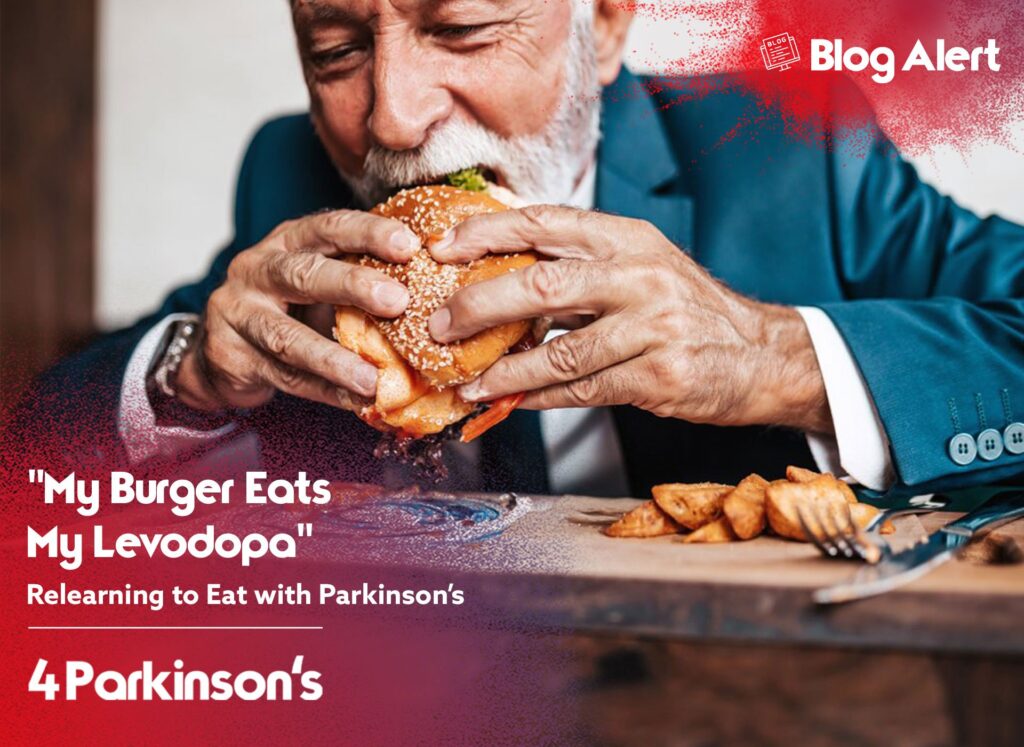

Nutrition plays a significant role in managing Parkinson's disease. While it cannot cure the condition, a healthy diet can support overall health and alleviate some symptoms. The absorption of PD medications may be affected if they are taken shortly after consuming a meal high in protein. The general recommendation for individuals with Parkinson's disease is to take their medications approximately one hour before or at least two hours after a meal. This timing helps optimise the absorption and effectiveness of the medicines.
Just be strategic with the timing. The general recommendation for individuals with Parkinson's disease is to take their medications approximately one hour before or at least two hours after a meal. This timing helps optimise the absorption and effectiveness of the medicines. In addition, if you experience nausea as a side effect of medication, consuming a small amount of starchy food, like crackers, can be helpful.
Dr. C, is a pseudonym for the writer behind "Possibilities with Parkinson's." He is a brain rehabilitation clinician and college professor. Since his diagnosis in 2014, he's dedicated himself to exploring the varied effects of Parkinson's disease on the body and mind.
Dr. C, the author of "Possibilities with Parkinson's," shared his experience of feeling terrible after consuming breakfast meats like bacon, ham, or sausage. He eventually realised that high-protein meals, particularly those with animal protein, can worsen his symptoms and interfere with the effectiveness of his medication.
Cutting down on meat consumption can offer advantages beyond just improving levodopa absorption. In fact, "The China Study," remarkable research on diet and overall well-being conducted by Thomas Campbell and T. Colin Campbell, revealed that reducing meat intake can be a positive lifestyle change for everyone.
The contents of this document are provided for information purposes only and do not represent advice, an endorsement, or a recommendation, with respect to any product, service or enterprise, and/or the claims and properties.
Johns Hopkins health educator Chelsea Ganc explains the role of nutrition in Parkinson's symptom management and the best way to identify a diet that works for your unique needs.
Check out this video:
Join our community in spreading hope and strength. Tell us your unique journey with Parkinson's to uplift and empower others.